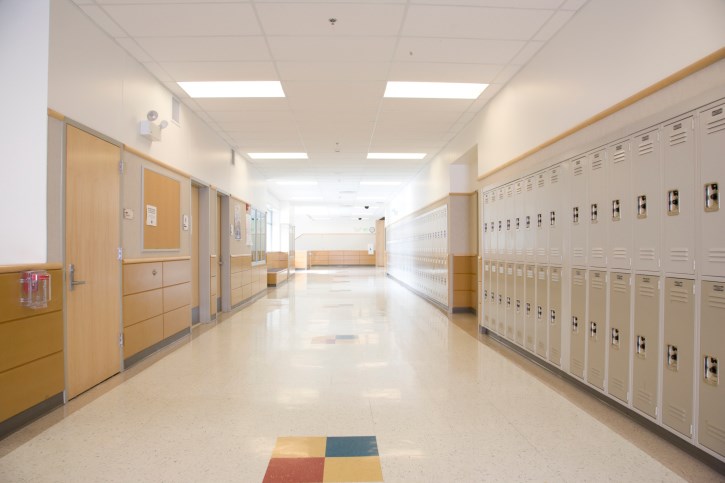We hear time and time again from the BC Liberal government that public schools are adequately funded and school boards need to trim more waste.
The truth is that education in B.C. is being rationed.
So here we are in 2016 and School District 43 mercifully didn't have to make cuts to the recently approved operating budget. In fact, thanks mostly to international education fees, and a hair's breadth increase in provincial funding, a few more teachers will be hired, even a few additional specialists, such as a psychologist.
But the district is nowhere near where it was before it hacked $13 million from its budget in 2014, and districts that didn't make those cuts then are feeling the pain now.
In Surrey, $4 million has to be cut. In Vancouver, which didn't close schools, the board has refused to approve a budget that would have cut $24 million to programs, services and staff. Delta trimmed teaching and library positions as well as noon hour supervision for $3.38 million in budget reductions. And New Westminster is holding steady after cuts made two years ago.
Are all these school districts badly mismanaging their money? Not likely.
Why, then, are these cuts being made? Why are demonstrably needed services being rolled back and schools being told to make do with less, except in districts where the budget-cutting exercise took place in previous years?
One reason: The Christy Clark government has other priorities and the "bloated bureaucracy" theme sells well at voting time (May 2017, in case you'd forgotten).
Many of these restraints will go unnoticed by students. They'll get by, some with the help of tutors paid for by their parents.
It's students from lower-income families who will struggle, likely ending up on waiting lists for services such as help with communication, if they are non-verbal, or for diagnostic testing to find out whether they have a learning disability. Meanwhile, their wealthier peers can pay to have these assessments.
This is not a strong foundation on which to build an educated population.



